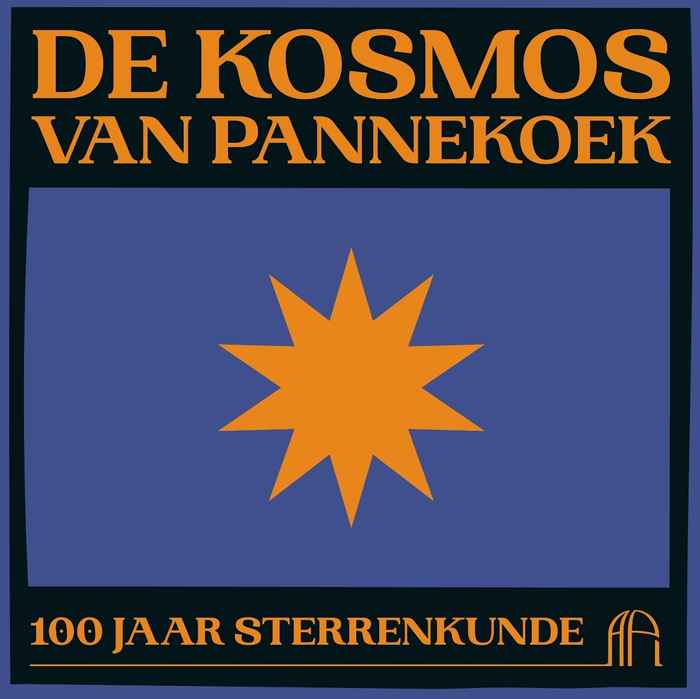New podcast ‘De kosmos van Pannekoek’ launched
10 June 2022

Anton Pannekoek, founder of the UVA institute that also bears his name, was not only an astronomer, but also a philosopher, socialist and science communicator. He was a trailblazer for modern astronomy.
In this five-part podcast series, Edda Heinsman and Pannekoek expert Chaokang Tai attempt to explore the cosmos as Pannekoek himself would have seen it. Which of Pannekoek’s ideas still hold up a century later? What has changed in 100 years of astronomy? How did Pannekoek’s politics influence his scientific ambitions? To what extent are today’s generation of API astronomers following in the footsteps of their illustrious predecessor?
During the presentation, the makers will provide a briefing on the podcast and also play an excerpt from it. Alongside the current API Director Carsten Dominik, Pannekoek’s great-grandson Gijs Nelemans, who is also an astronomer, will be present as well. Anton Pannekoek’s diaries, currently still kept in the archives of the Anton Pannekoek Institute, are set to be included in the Allard Pierson, where the University of Amsterdam’s prized collections are managed. In September, the Allard Pierson will be setting up a special showcase for the diaries, after which it will be possible to consult them in the research room. The diaries will be digitised, also enabling access to anyone unable to travel to the Allard Pierson. On behalf of the Allard Pierson, Director Els van der Plas will be presented with the diaries symbolically.
‘De kosmos van Pannekoek’ is available on all podcast apps from 11 June 2022.